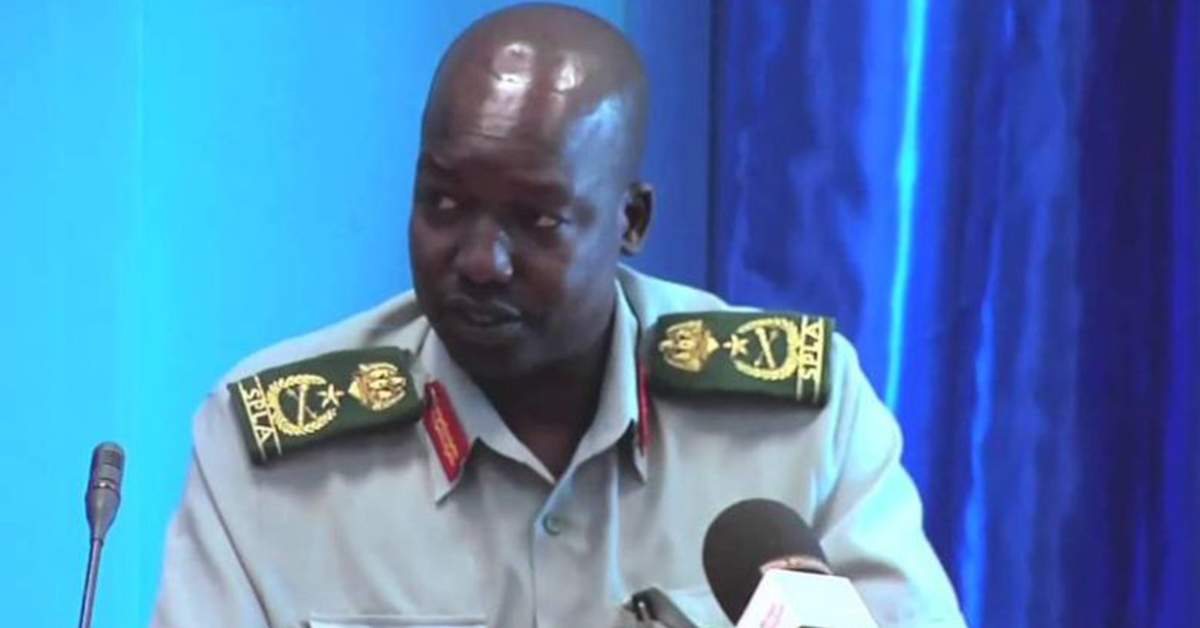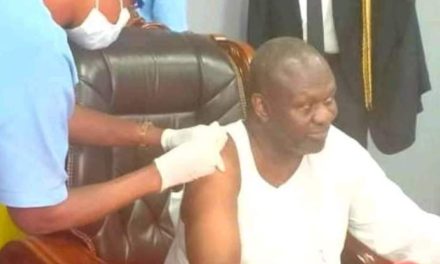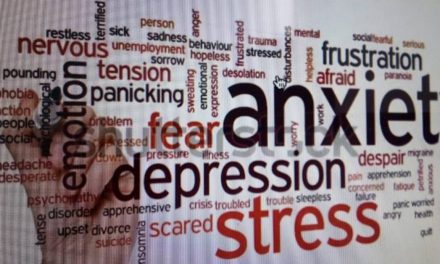
South Sudan’s Peace Agreement is in limbo, proving Cirilo right

Some South Sudanese politicians and civil rights activists say the government has failed to implement the peace agreement, indicating that hold-out leaders like Thomas Cirilo who refused to sign the deal because it would not solve South Sudan’s problems, may have been right.
In 2018, South Sudan’s holdout opposition leader General Thomas Cirilo, head of the National Salvation Front (NAS), refused to accept any peace agreement that, in his words, “undermines the people’s fundamental human rights, subjects the people to discrimination based on ethnic supremacy, and shatters the social fabric of the society,”
Gen. Cirilo said; “any premature exercises such as the permanent constitution-making process and elections would only prolong the status quo in power, and become a recipe for more wars and accelerate the total collapse and disintegration of the country.”
Speaking to hundreds of young people on a Twitter Space on Tuesday this week on the topic; “South Sudan on Spot, What’s the future of the Peace Agreement?” Rajab Mohandis, Executive Director of the Organization for Responsive Governance said he fears Cirilo’s predictions might come true unless the parties to the deal quickly implement all provisions in the 2018 agreement.
“I think it is incumbent to those signatories to the agreement to prove Thomas (Cirilo) and the holdout groups wrong and they could prove them wrong by implementing the agreement,” Mohandis said.
“For example, the agreement says ‘seize hostilities, protect civilians, improve the humanitarian conditions,’ what’s wrong with doing some of these things?” he asked, emphasizing that there’s still enough time for the Revitalized Government of National Unity or R-TGoNU to implement key parts of the agreement if they expedite the process.
The content of the agreement does not have serious problems, according to Mohandis. In, stead the problem he has with the agreement is the modality of its implementation which he says is; “inconsistent, slow and doesn’t help to achieve the intended objectives of the agreement,”
“so, what these parties in R-TGoNU have done has been to prove the holdout groups (Paul Malong and Thomas Cirilo) right and they have done that with flying colors,” Mohandis added.
Dr. Lam Akol, leader of the National Democratic Movement and a signatory to the deal says the R-TGoNU is using delaying tactics to extend their time in power instead of implementing the agreement. Akol says South Sudan cannot conduct elections when people’s rights are being violated.
“All the freedoms, whether for the parties, the journalists or individuals’ freedom of movement, people must be free to move around the country,” Dr. Lam said.
“The security should be enabling rather than obstructing, that’s why we insist there must be new security operatives in the country that’s loyal to the country, not loyal to individuals or political groups,” he reiterated.
Activist Wani Michael, former executive director of the Okay Africa Foundation, fled to exile last year after he became targeted by security operatives, Michael, who co-hosted the Twitter Space forum, says there’s no freedom of media in South Sudan.
“There’s no freedom of the media, the media has been censored (and) some of the civil society activists had to leave the country because they’ve been hunted.”
“If you’re talking about elections, the environment ought to be conducive, the media needs to be independent (and) nobody has to be detained. We saw there’s increased harassment and detentions of journalists,” Wani Michael said.
Lam Akol and Rajab Mohandis warned that ongoing fighting between the South Sudan People’s Defense Forces (SSPDF) and civilians in Tonj could escalate into an uprising and possibly a coup as soldiers become disgruntled with the salary delays.
Lam Akol says it’s inevitable that the R-TGoNU will fail to implement the peace agreement by February next year when the transitional period expires and elections are supposed to be held.
He says when that happens, all opposition leaders including holdout leaders Paul Malong and Thomas Cirilo should be included to find amicable solutions.
“The conversation that will take place after the expiration of the peace agreement and the transitional government of national unity on the 22nd of February 2023 should include all the opposition groups because if their apprehension was about that agreement, yes, that thing is gone, the agreement has not been implemented, yes, their predictions became right but now it’s time to see the way forward,” Dr. Lam advised.



















Recent Comments